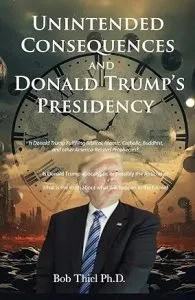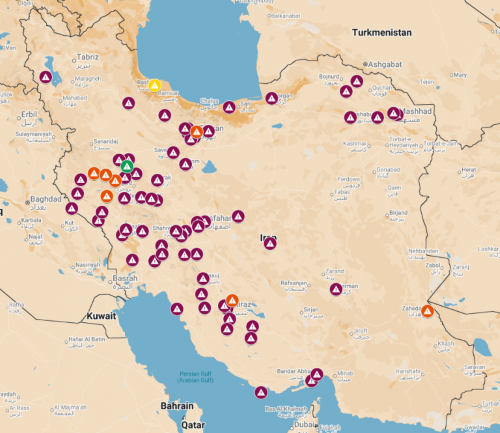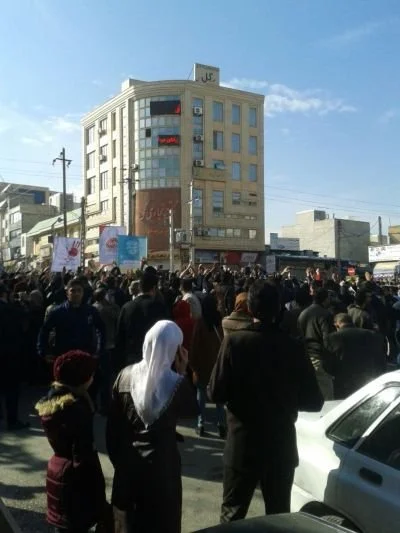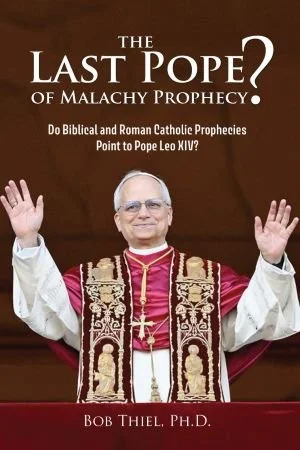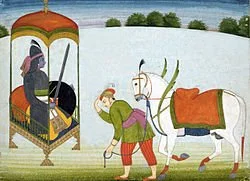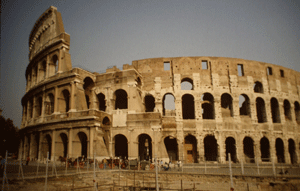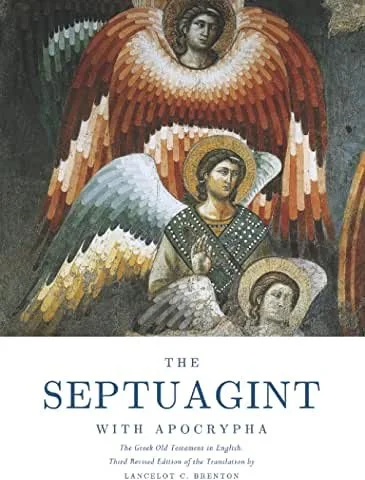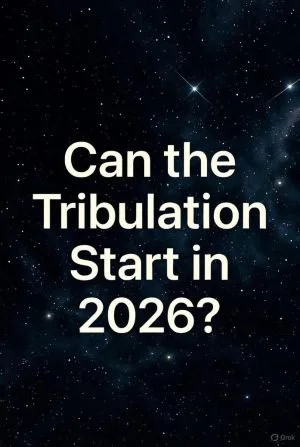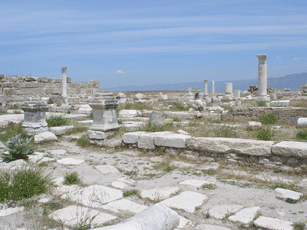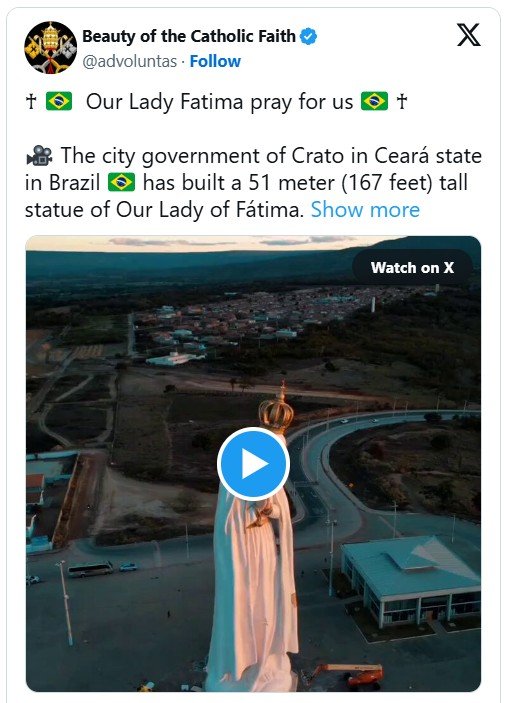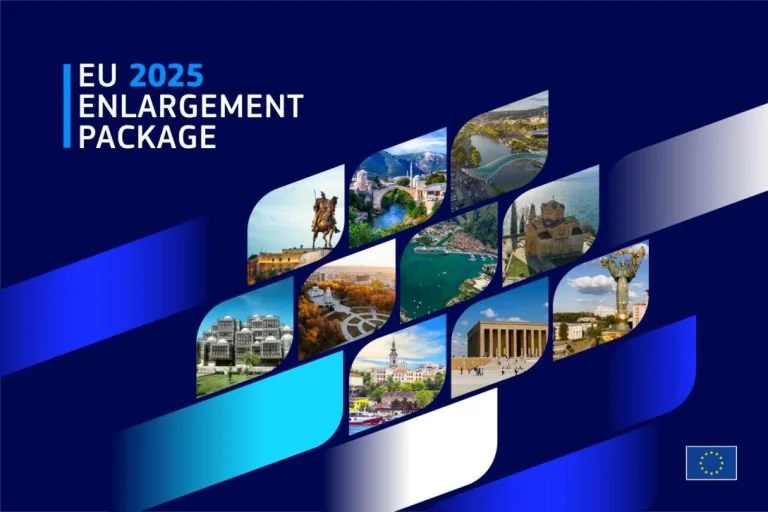We are seeing many reports related to food price inflation. Notice one:
September 24, 2022
Right now, food inflation has increase by 11% this year which has caused many to shorten their grocery list … https://cnycentral.com/news/local/food-inflation-doesnt-stop-a-good-old-fashion-tailgate
Government spending, sanctions, fertilizer prices, military conflict, and weather have been factors in various parts of the world.
Less fertilizer means less food. Less food means more hunger and higher food prices. Notice also the following:
Fertilizer.
It may not be top of mind for most heads of state, but in the midst of a global food crisis, concerns about the supply of this humble commodity — critical to the work of all farmers and food producers — have exercised the minds of food experts and policymakers alike. So much so that it rated a mention in the United Nations Secretary-General António Guterres’ opening remarks to the global meeting. “To ease the global food crisis, we now must urgently address the global fertilizer market crunch,” Guterres said, warning that inaction now could lead to a “global food shortage.” …
Before the war, Russia accounted for some 23 percent of global ammonia exports, and 14 and 21 percent of urea and potash, respectively. These are the building blocks, if you will, of the global fertilizer supply.
The disruption of these supplies is a major factor behind a continuing spike in international fertilizer prices. Prices were already rising last year, thanks to supply chain and production shortfalls caused by the covid-19 pandemic, which resulted in an 80 percent price hike in 2021. Russia’s invasion drove an additional rise of around 30 percent in the various fertilizer raw materials earlier this year, according to the World Bank.
Another war-related problem has added to the pressure: a drop-off in Russian natural gas supplies to Europe has led to a steep reduction in European fertilizer stocks. Natural gas isn’t just a source of power; it’s a key base ingredient in fertilizer production. As of late August, around two-thirds of the continent’s production of fertilizer had been halted.
There are only a handful of major global suppliers of fertilizer, but demand is truly global. A shortage of fertilizer translates into big problems for farmers in many corners of the world. It means that countries are competing for limited fertilizer stocks, ahead of the next crop planting season. The chief worry among farmers, experts and policymakers alike: Continued pressures in the fertilizer market could drive down the amount of farmland that can be cultivated in coming months. The impact would be felt during the next harvests, reducing the amount of food there is to go around.
Across West Africa, farmers are already facing these problems, https://www.grid.news/story/global/2022/09/23/war-in-ukraine-has-created-a-fertilizer-crunch-the-global-food-crisis-wont-get-solved-until-its-fixed/
As the tweet at the beginning of this post shows, even Europe’s fertilizer situation is being affected in a big way.
German-Foreign-Policy.com reports that sanctions are a major factor in the rise of fertilizer prices:
Producers of Hunger
The German government ignores UN warnings that the Western policy of sanctions could lead to dramatic fertilizer shortages and soon escalate the global food crisis. Sanctions against the Russian financial and transport sectors could massively obstruct fertilizer exports. Prior to the war, Russia and Belarus produced nearly 20 percent of all global fertilizers. In addition, the cost of fertilizer production has spiked sharply worldwide due to the dramatically skyrocketing gas prices provoked by the policy of embargoes. The number of factories forced to shut down production is also growing in Europe. Whereas European farmers must face escalating costs but, if necessary, can cover their needs through expensive foreign purchases, this option is non-existent in poorer countries, for example on the African continent. In those countries, food production could slump by more than one fifth, solely due to fertilizer shortages. On Tuesday, UN Secretary General António Guterres has again warned of the consequences. Berlin doesn’t feel concerned and maintains the sanctions. …
Up to last year, Russia and Belarus had produced nearly 20% of all global fertilizer.[1] Concerning individual minerals – such as potash – the two countries combined have a global market share of around 40 percent. Already last year, the situation became worse when the United States and the EU imposed sanctions on Belarus. …
There are additional factors related to the sanctions. According to the World Bank the supply chains of fertilizer production in Russia and Belarus are also affected.[4] This is restricting production. Russia has therefore begun somewhat to restrict its fertilizer exports to ensure that its own agricultural needs can be met under even more difficult conditions. …
Due to the embargo policy, the skyrocketing price of natural gas – which accounts for up to 70 percent of the cost of fertilizer production – is considered one of the main causes. Already in March, the first European manufacturers announced they were beginning to reduce their production of fertilizer, due to the astronomical price of gas. At the time, fertilizer was costing four times what it had cost the previous year. …
Since some time, Moscow has been complaining that fertilizer deliveries are impossible because of the West’s ongoing sanctions policies. Guterres had used his traditional opening speech to this year’s annual UN General Assembly to again address the dramatic nature of the situation. It is “essential” to finally “remove all remaining obstacles to the export of Russian fertilizers and their ingredients, including ammonia” declared Guterres, otherwise the global fertilizer shortage will quickly morph into a global food shortage. …
Blatantly ignoring the unanimous verdict of experts and the UN General-Secretary’s appeals, the West rejects all responsibility. Our sanctions explicitly allow Russia the ability to export food and fertilizer,” US President Joe Biden claimed before the UN General Assembly … deliberately ignoring that sanctions on the financial, transport and other sectors are severely obstructing exports. 09/22/24 https://www.german-foreign-policy.com/en/news/detail/9031
As long-term readers of this COGwriter Church of God News page are aware, I have long warned that there were costs of sanctions. That warning has been repeated here frequently, including just prior (and since) Russia’s “special military operation” into Ukraine.
Decades ago, in its 4 Horsemen of the Apocalypse – The Black Horse – Famine booklet, the old Worldwide Church of God reported that the escalating costs of fertilizers :
The High Cost of Feeding the Poor
“How do you feed a hungry world?” is the question posed by many these days. According to some, the answer is simple. Let the rich eat less so the poor can have more. Whatever the rich don’t buy can be easily sold to the poor.
It all sounds beautiful in theory, but there is one basic problem in practice—money. Within the last few years most of the poorer nations of the world have been priced right out of the food market. The reasons aren’t hard to find. Fuel prices in the wake of the Arab oil embargo quadrupled. The price of urea fertilizer jumped from $90 a ton in 1973 to $350 in 1974. Wheat went from under $2 a bushel to over $5. And rice prices registered similar increases.
India, for example, found combined costs for fuel, food and fertilizer imports due to price increases alone up 1.4 billion dollars in 1974. Import costs for Bangladesh, another sizable importer, tripled.
Total cost of fertilizer imports for the poorer nations of Southern Asia jumped from $1 .6 billion to $5.4 billion. With per capita incomes running around $150 a year, with little in the way of exportable resources, and with limited foreign exchange, the nations of the Fourth
World had no choice but to cut back on these vital imports.
Lester R. Brown, a leading expert on food problems in the Third World, explained what these price increases meant to the average “man on the street.” “When one spends about 80 percent of one’s income on food, as does a sizable segment of mankind, a doubling in the price of wheat or rice cannot possibly be offset by increased expenditures. It can only drive a subsistence diet below the survival level” (In the Human Interest, p. 55).
James P. Grant, president of the Overseas Development Council, added this comment: ” … over a long period of time does mean that really tens of millions of people are going to die an earlier death by malnutrition.”
The outlook for the future is every bit as bleak. …
Nor is the picture for future fertilizer production any better. By century’s end, world production will have to increase fourfold to keep pace with projected population growth. India will have to build 2% fertilizer plants every year, the Philippines, one every four years.
Raymond Ewell, an authority on world fertilizer problems, estimated that investments of $8 billion a year in new plant facilities would be required just to keep up with these projected demands. By 1980 this figure is expected to jump to $12 billion, or roughly three times the, present level of investment.
Rather than ask “How do you feed the hungry world?” perhaps we ought to ask, “Is such a thing financially possible?” (4 Horsemen of the Apocalypse – The Black Horse – Famine. WCG booklet, 1976)
It is not just the poor that will encounter problems.
And the current fertilizer problem looks to make matters much worse unless the West and others take steps.
Jesus, in both the 24th chapter of Matthew and the Book of Revelation in chapter 6, lists a sequence of events including war, famine, and pestilences.
Here is some of what Jesus said:
6 And you will hear of wars and rumors of wars. See that you are not troubled; for all these things must come to pass, but the end is not yet. 7 For nation will rise against nation, and kingdom against kingdom. And there will be famines, pestilences, and earthquakes in various places. 8 All these are the beginning of sorrows. (Matthew 24:6-8)
Famines and fertilizer problems are consistent with Jesus’ words.
Notice that the ride of third horseman of the Apocalypse results in scarcity, inflation, and famine. Revelation 6:5-6 indicates that there will be food, but that it will be quite expensive (food-price inflation).
5 When He opened the third seal, I heard the third living creature say, “Come and see.” So I looked, and behold, a black horse, and he who sat on it had a pair of scales in his hand. 6 And I heard a voice in the midst of the four living creatures saying, “A quart of wheat for a denarius, and three quarts of barley for a denarius; and do not harm the oil and the wine.” (Revelation 6:5-6)
Some will thus die as they will not be able to afford it, while others will survive but struggle.
Related to some food matters, the Continuing Church of God put together the following videos on our Bible News Prophecy YouTube channel:
Russia, Ukraine, Food, & the Ride of the 3rd Horseman of the Apocalypse
Did you know that the sanctioned lands of Russia and Belarus are dominant suppliers of ingredients used in modern fertilizers? Are you aware that the United Nations Food and Agriculture Organization (FAO) estimates that 33% of the farmland in Ukraine may not be planted and/or harvested because of Russia’s ‘special military operation’ in Ukraine? Are parts of the world like Sudan, Lebanon, and the USA experiencing food price inflation? What about impact on the Palestinians in Gaza? Could any of this help lead to the rise of the King of the South? What are some factors that look to increase rice prices? Did Jesus warn of wars and troubles? What are three foods that Ukraine exports that are associated with the shortages and food price inflation of the ride of the third horseman of the Apocalypse? What does Jesus say His followers should do? Dr. Thiel addresses these matters in this video.
Here is a link to the video: Russia, Ukraine, Food, & the Ride of the 3rd Horseman of the Apocalypse.
War, Food Prices, and taking the peace in Ukraine and Europe
What has been happening in Ukraine? Are there prophetic ramifications? What are some of them. James Martenet goes over a report from 2/26/22.
Expect more food inflation. And yes, there will be famines as well.
But, if YOU will heed God, you can count on the fact that Jesus promised protection for Philadelphian Christians (Revelation 3:7-13) and He will return and establish the millennial Kingdom of God.
Article with related written items and videos: Sanctions leading to fertilizer problems, which in turn will lead to food shortages, hunger, and food price inflation
Click here for current news and analysis as well as literature in over 120 languages.
Click here for free online books and booklets in the English language.
Information on broadcast times for the European Gospel Radio /Short Wave Radio and other radio stations: Radio Stations
RELATED ITEMS:
Physical preparedness for Christians
Might Petra be the Place of Safety?
Physical Protection During the Great Tribulation
Sorrows and the Four Horsemen of the Apocalypse
Russia, Ukraine, Food, & the Ride of the 3rd Horseman of the Apocalypse
Fourth Horseman, COVID, and the Rise of the Beast of Revelation
Zombie Deer Disease is Here! Are the 10 Plagues on Egypt Coming?
Recession Or Depression Looming On The Horizon
Amphibian Apocalypse: Threat to Humans?
6000 Years: When will God's Kingdom Come?
The Fantastic Gospel of the Kingdom of God!
Europe and the 'Holy Roman Empire'
LATEST NEWS REPORTS
LATEST BIBLE PROPHECY INTERVIEWS



